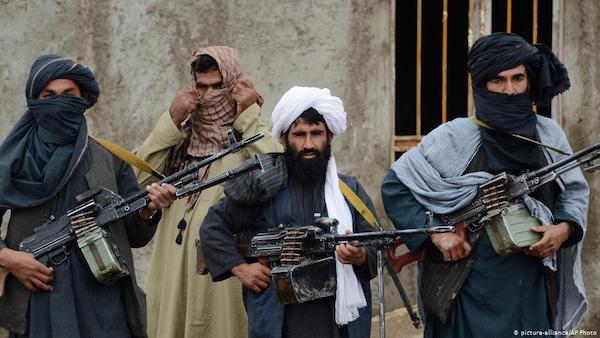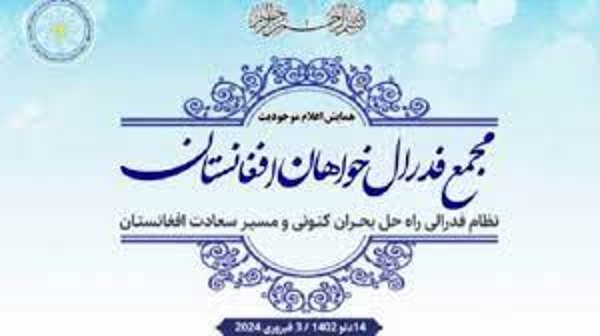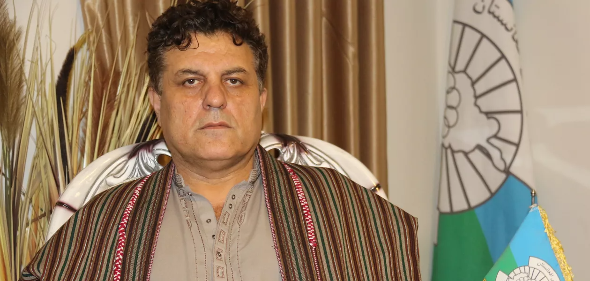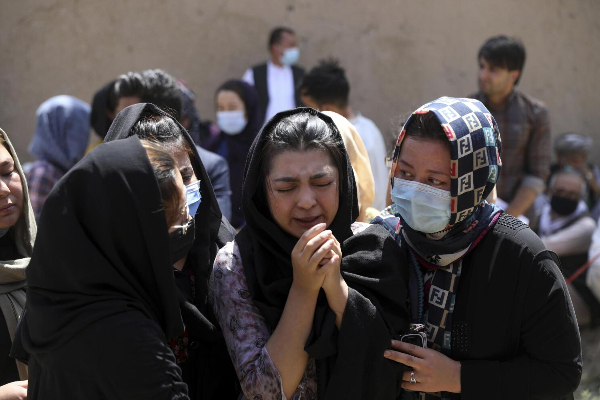A report by the UN Monitoring Team released on Wednesday said that "the Taliban and Al-Qaeda remain closely aligned and show no indication of breaking ties."

18 Member States report "no material changes to this relationship, which has grown deeper as a consequence of personal bonds of marriage and shared partnership in struggle, now cemented through second generational ties."
This comes as foreign troops withdraw from Afghanistan and plan to leave completely by September 11.
As part of last yearís agreement between the preceding Trump administration and the Taliban, the group promised to instruct its members "not to cooperate with groups or individuals."
"While the Doha agreement has set some expectations for a break in the longstanding relationship between the Taliban and Al Qaeda, the publicly available text of the agreement does not define expectations, and its annexes remain secret," the report said.
According to UN member state information, "Al Qaeda is resident in at least 15 Afghan provinces, primarily in the east, southern and south-eastern regions, and are led by Al-Qaedaís Jabhat-al-Nasr wing under the direction of Sheikh Mahmood."
"19 Members of the group have been relocated to more remote areas by the Taliban to avoid potential exposure and targeting," it said.
According to UN member states, "Al-Qaeda maintains contact with the Taliban but has minimized overt communications with Taliban leadership in an effort to ílay lowí and not jeopardize the Talibanís diplomatic position vis-à-vis the Doha agreement."
The report said that "Member States reported that a significant part of Al Qaeda leadership remains based in the border region of Afghanistan and Pakistan, where the core is joined by and works closely with Al Qaeda in the Indian Subcontinent."
The report stated:
"Al Qaedaís own strategy in the near term is assessed as maintaining its traditional safe haven in Afghanistan for the Al Qaeda core leadership, the Monitoring Team takes note of assessments that have suggested a longer-term Al Qaida core strategy of strategic patience for a period of time before it would seek to plan attacks against international targets again. This scenario is untested against stated Taliban commitments to prohibit such activities."
"Although ... Member States assess that formal communication between senior Al Qaida and Taliban officials is currently infrequent, one Member State reported that there is regular communication between the Taliban and Al-Qaeda on issues related to the peace process," the report said.
Amid foreign troop withdrawal, the violence in Afghanistan is at its highest level in two decades.
According to the UN report, 2020 was the "most violent year ever recorded by the United Nations in Afghanistan." Security incidents have risen over 60% in the first three months of 2021 compared to the same period in 2020, the report said.
LINK: https://www.ansarpress.com/english/22773
TAGS:






























 Ghani Removed From UN Heads of State List
Ghani Removed From UN Heads of State List 




